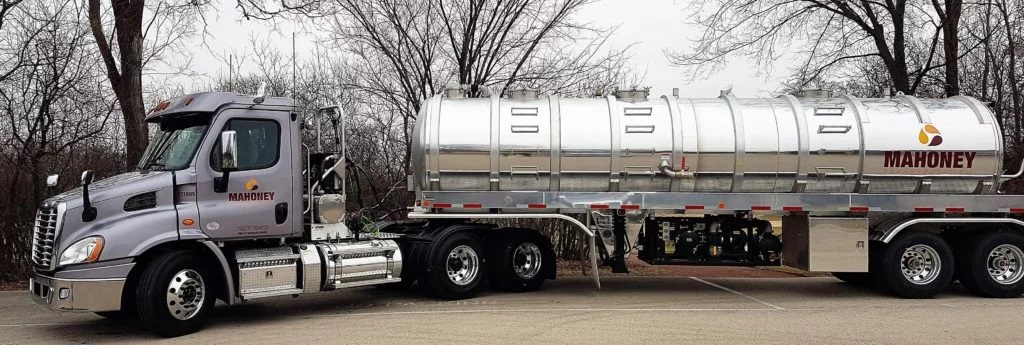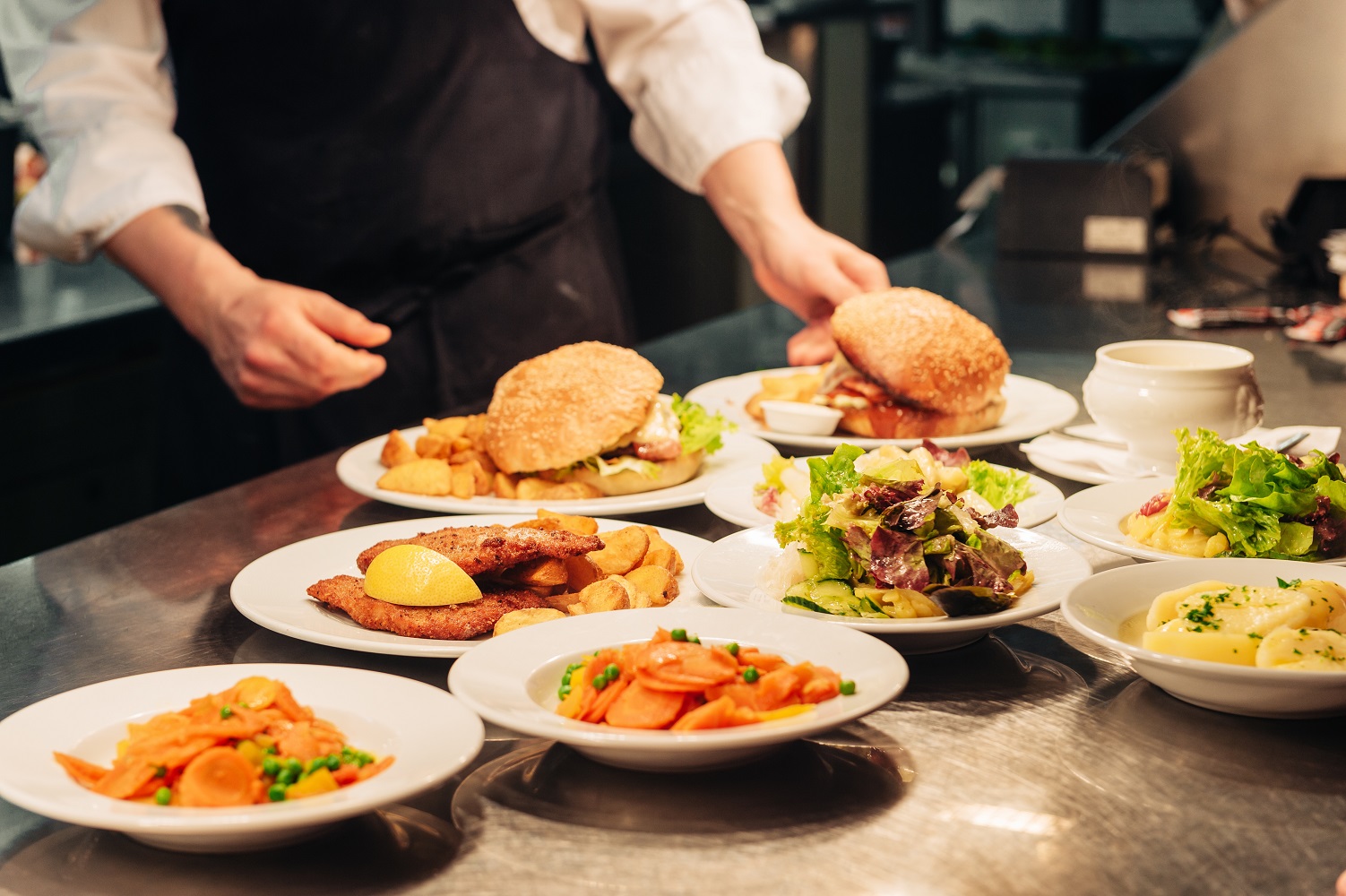The kitchen is the restaurant’s core. Food is stored, prepared and plated here, making it essential that it meets high standards. A well-run kitchen is key to delivering quality food and service. After all, what is a restaurant without its kitchen?
A successful kitchen requires a streamlined process for prepping, cooking, plating and serving. Whether a kitchen is small or large in size, careful planning and design will lend to its efficiency. Restaurant managers can ensure a seamless workflow with the following kitchen efficiency tips.
Tip 1: Inventory Management
A well-stocked kitchen is capable of meeting the dining needs of restaurant patrons. Kitchen managers are tasked with counting, tracking and ordering inventory. Although the responsibility is an ongoing burden, it is essential to minimizing waste and gaining insight into profit margins and food costs.
The right technology takes the grunt work out of inventory management duties. Restaurant entrepreneurs might use a point of sale (POS) system to track ingredients or the raw goods used to prepare menu items. A POS system with inventory management features is recommended.
Tip 2: Streamlined Menus
A restaurant that offers a wide variety of menu items will have to stock an equally wide variety of ingredients. Overstocking the kitchen leads to food waste. A focused menu, however, encourages the shared use of ingredients among dishes, thus reducing the likelihood of food spoiling before use.
The size of the kitchen impacts the number of menu options offered. It is impractical for a small kitchen that employs just two chefs to offer fifty complex dishes. Workflow will be severely affected. Instead trim the offerings to include guest favorites and quick and easy to prepare dishes.
Upon narrowing down the menu offerings, also utilize the POS systems to create a report of the best and worst sellers. Restauranteurs should work with the head chef to cut less popular offerings and create a streamlined menu that better meets the objectives of the restaurant.
Tip 3: Quality Staff
A team of quality chefs is tantamount to an efficient kitchen. A knowledgeable team eager to perform to the highest standards is necessary to prepare dishes correctly and provide customers with the best dining experience. Restauranteurs should ensure the chefs have the resources to succeed.
Along with skilled chefs, a kitchen should be staffed with enough people. A smaller kitchen without proper staffing could still succeed if the menu offerings are reduced. Easy to prepare dishes that can be quickly whipped up by a chef will meet the dining needs of the restaurant.
Tip 4: Employee Feedback
The demands of dinner service can send even the most composed chef into an emotional frenzy. When emotions are high, it is critical that restaurant managers listen to the needs of their staff. Respond appropriately to complaints and concerns rather than let the team handle issues on their own.
At the same time, limit control. Kitchen staff should be given the right level of independence to perform their tasks. Boost employee morale by offering support. Restaurant managers might consider asking each team member for feedback about how to help them perform more efficiently.
Tip 5: Assigned Workspaces
Designated workstations in the kitchen will prevent bottlenecks in the back of the house. Carve out individual spaces in the kitchen where specific duties may be executed. Cross-contamination of food is possible when workstations are shared; consequently, diners with food allergies may be at risk.
One entrance should be used for inventory coming in; another door should be reserved for food going out to customers. Design the workstations so that the chef has everything he or she needs to prepare meals with ease. Consider easy access to the sink and fridge, as well as ingredients.
Tip 6: Functional Equipment
A smoothly running kitchen is possible when the staff have the right tools. Kitchen equipment, like stoves, freezers and refrigerators, are pricey to purchase and maintain. Keep in mind that broken or inefficient equipment will slow down the food preparation process and reduce quality.
Assign a trusted team member to ensure that the kitchen appliances and equipment are clean and in good working order at the start of each shift. The individual will manage even the smallest tasks, like sharpening knives and stocking ingredients, so that the chef can work efficiently.
Tip 7: Proper Scheduling
Employee scheduling has a large impact on the efficiency of the kitchen. A restaurant that is consistently short-staffed will see a surge in unhappy customers and possibly destroy its reputation. Successful restauranteurs are adequately prepared with the right number of staff at the most demanding times.
Scheduling more staff on a Saturday rather than a Tuesday night should accommodate the increase in diners, if the restaurant’s peak days typically fall on weekends. While cutting the number of staff may save on costs, the financial benefits fail to outweigh the disadvantages in workflow.
Recent technology can help restauranteurs with scheduling. Employee scheduling apps may be used to sufficiently prepare for varying scheduling needs. A POS system can track sales trends, so restauranteurs can schedule enough staff to meet the increase in demand on nights and weekends.

Running an efficient kitchen requires all of the above, plus the services of a restaurant cooking oil recycling company you can trust. Mahoney Environmental collects and properly disposes of used cooking oil. We also deliver fresh cooking oil on a regular basis, so that restaurants can operate at peak efficiency.
Mahoney Environmental also provides commercial grease trap services. The last thing a busy kitchen needs is a backed-up drain, which could be caused by grease trap issues. If your kitchen would benefit from cooking oil equipment installation and design, our experienced technicians can meet your specific needs.
Our cooking oil equipment ranges from convenient automated systems to bulk containers. We can also upgrade or replace your current cooking oil disposal system. Restauranteurs depend on Mahoney Environmental for our prompt, quality services. Call us to schedule a cooking oil collection or delivery.
Sources:
https://www.mbbmanagement.com/business-management/9-ways-make-restaurant-kitchen-run-efficiently/
https://www.shopkeep.com/blog/how-to-manage-a-restaurant-kitchen-efficiently#step-1
https://kitchenairy.com/kitchen-management-tips-for-a-more-efficiently-run-kitchen/



 Call Us Now (800) 892-9392
Call Us Now (800) 892-9392